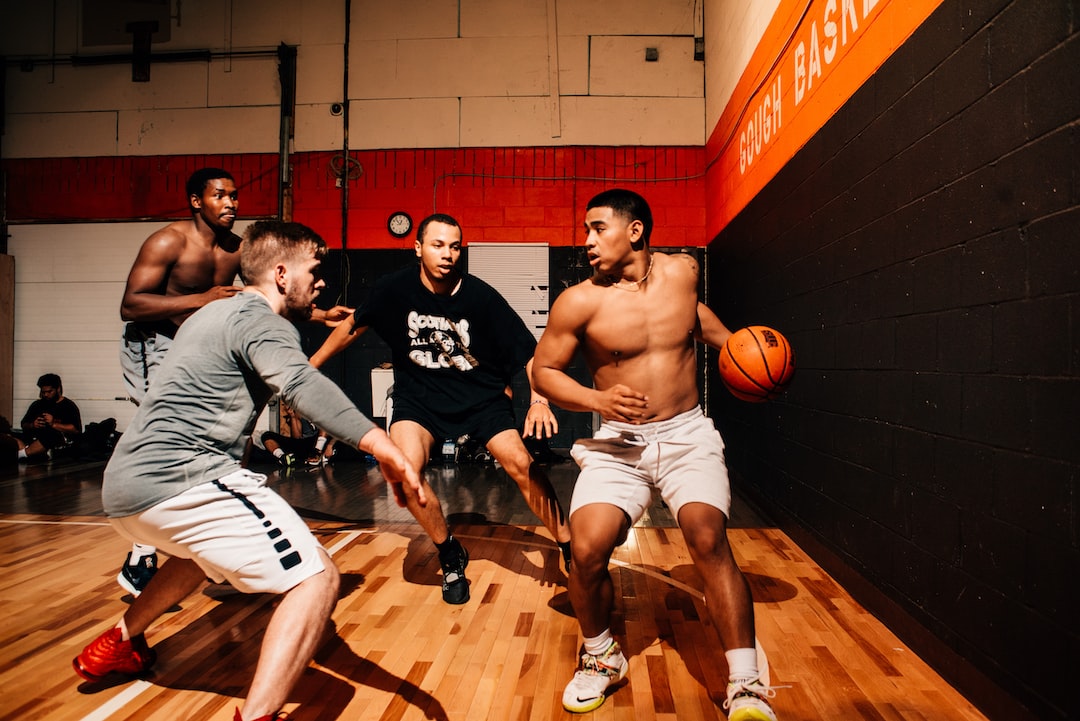In sports, mental blocks can be a significant hurdle that keeps athletes from reaching their full potential. Mental blocks can come in many forms. It could be a fear of failure, a lack of confidence, anxiety, or negative self-talk. All these factors could hold athletes back from performing at their best, and if not addressed, it could lead to burnout or even quitting the sport altogether.
Fortunately, mental blocks can be overcome with the right approach. In this article, we’ll discuss some tips and strategies on how to overcome mental blocks in sports.
1. Understand the root cause of your mental block
One of the first steps in overcoming mental blocks is identifying the root cause. Is it fear of failure? Are you having negative self-talk? Is it anxiety? By understanding where your mental block comes from, you can start working on a specific plan of action to overcome it.
2. Practice mindfulness
Mindfulness is a powerful tool that can help athletes overcome mental blocks. By being present in the moment and focusing on the task at hand, athletes can reduce anxiety and negative self-talk. Mindfulness techniques like breathing exercises and visualization can help athletes calm their mind and focus on the present moment.
3. Challenge your negative thoughts
Negative self-talk can be a significant barrier to athletic success. Athletes should challenge their negative thoughts by questioning their validity. For example, if you’re thinking, “I’m not good enough to win,” you could ask yourself, “What evidence do I have to support this thought?” Challenging negative thoughts can help athletes reframe their mindset and embrace a growth mindset.
4. Set achievable goals
Setting achievable goals can help athletes build confidence and overcome mental blocks. By setting small, achievable goals, athletes can build momentum and gain a sense of accomplishment. Achieving these goals can help athletes feel more confident in their abilities and overcome their mental blocks.
5. Seek support
Athletes don’t have to work through their mental blocks alone. They can seek support from coaches, trainers, or even sports psychologists. These professionals can help athletes identify the root cause of their mental blocks and develop a plan of action to overcome them.
6. Embrace failure
Athletes should embrace failure as part of the learning process. Every athlete experiences failure at some point, and it’s essential to learn from those experiences. Embracing failure can help athletes reduce anxiety and overcome their mental blocks.
In conclusion, mental blocks can be a significant challenge for athletes, but they can be overcome with the right mindset and approach. Athletes can start by understanding the root cause of their mental block, practicing mindfulness, challenging negative thoughts, setting achievable goals, seeking support, and embracing failure. By working on these strategies, athletes can overcome their mental blocks and reach their full potential in sports.

